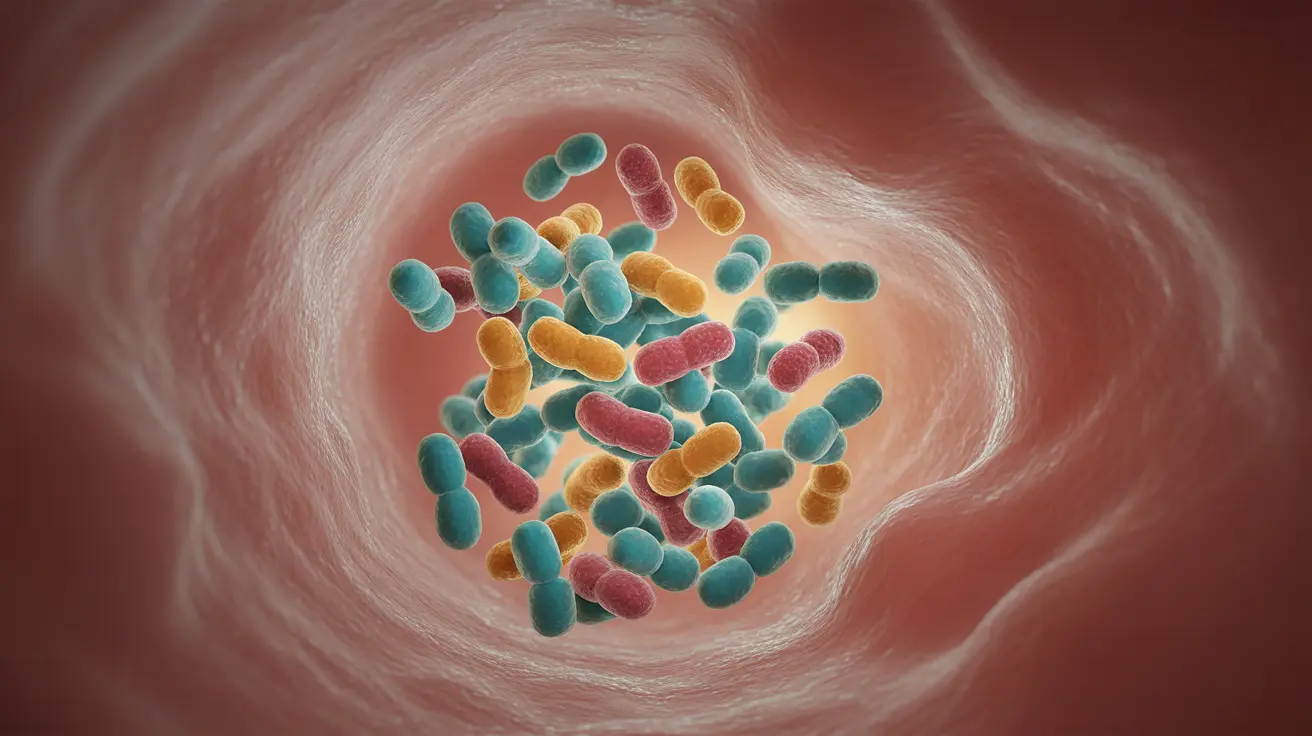As parents increasingly seek natural ways to support their children's health, probiotics have emerged as a valuable tool for promoting digestive wellness and overall immunity. These beneficial bacteria play a crucial role in maintaining gut health and supporting various bodily functions in children of all ages.
Understanding how probiotics can benefit your child's health is essential for making informed decisions about their wellness routine. Let's explore the various advantages and important considerations when introducing probiotics to your child's diet.
Understanding Probiotics and Their Role in Children's Health
Probiotics are live beneficial bacteria that naturally exist in our digestive system. In children, these microscopic organisms help maintain a balanced gut microbiome, which is fundamental for proper digestion, nutrient absorption, and immune function. Different strains of probiotics serve various purposes, from supporting digestive health to boosting immune response.
Key Benefits of Probiotics for Children
Digestive Health Support
Probiotics play a vital role in maintaining healthy digestion in children. They can help regulate bowel movements, reduce occasional constipation, and support overall gut function. These beneficial bacteria also aid in breaking down food and absorbing essential nutrients necessary for growth and development.
Immune System Enhancement
A significant portion of the immune system resides in the gut, making probiotics crucial for supporting children's natural defenses. Regular probiotic consumption can help strengthen the immune response and potentially reduce the frequency and severity of common childhood illnesses.
Antibiotic Support
When children need antibiotics to fight bacterial infections, these medications can disrupt the natural balance of gut bacteria. Probiotics can help restore this balance and reduce antibiotic-associated side effects like diarrhea.
Choosing the Right Probiotic for Your Child
Different probiotic strains offer specific benefits, making it essential to choose the right one for your child's needs. Common beneficial strains include Lactobacillus and Bifidobacterium species, each targeting different aspects of health. Consider consulting with a healthcare provider to select the most appropriate probiotic supplement for your child's specific situation.
Safety and Side Effects
While probiotics are generally safe for children, it's important to start with appropriate doses and monitor for any reactions. Some children might experience mild digestive symptoms when first starting probiotics, such as gas or bloating, which typically resolve as their bodies adjust.
Frequently Asked Questions
What are the main digestive benefits of probiotics for children, such as treating diarrhea or constipation?
Probiotics can help regulate bowel movements, reduce the duration of infectious diarrhea, and alleviate constipation in children. They work by promoting healthy gut flora balance and supporting proper digestive function.
Can probiotics help prevent or reduce symptoms of allergies, eczema, or asthma in kids?
Some studies suggest that certain probiotic strains may help reduce the severity of allergic conditions and eczema in children, particularly when started early in life. However, results vary, and more research is needed to establish definitive benefits for asthma.
How safe are probiotics for infants and children, and what side effects should parents watch for?
Probiotics are generally safe for children, but parents should watch for temporary digestive changes like gas or bloating. Rare side effects might include stomach upset or increased thirst. Always start with recommended doses and consult a healthcare provider if concerns arise.
Why is it important to choose specific probiotic strains for different health issues in children?
Different probiotic strains have unique benefits and target specific health concerns. For example, some strains are better at supporting immune function, while others specifically help with digestive issues. Matching the right strain to your child's needs ensures maximum benefit.
Should I give my child probiotics when they are taking antibiotics, and how can they help?
Yes, giving probiotics during antibiotic treatment can help prevent antibiotic-associated diarrhea and maintain gut health. Take probiotics at least two hours apart from antibiotics, and continue them for several weeks after completing the antibiotic course to help restore healthy gut flora.
Final Thoughts
Incorporating probiotics into your child's wellness routine can provide numerous health benefits, from supporting digestive health to boosting immune function. Always consult with your child's healthcare provider before starting any new supplement regimen, and choose high-quality products specifically formulated for children.




